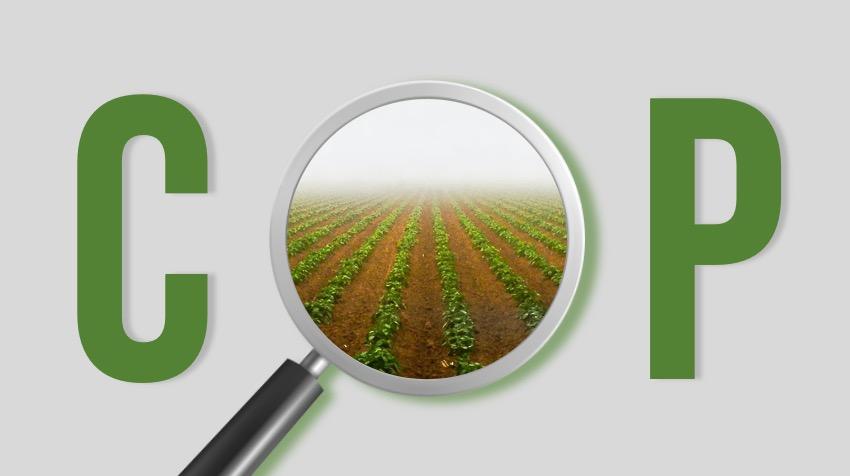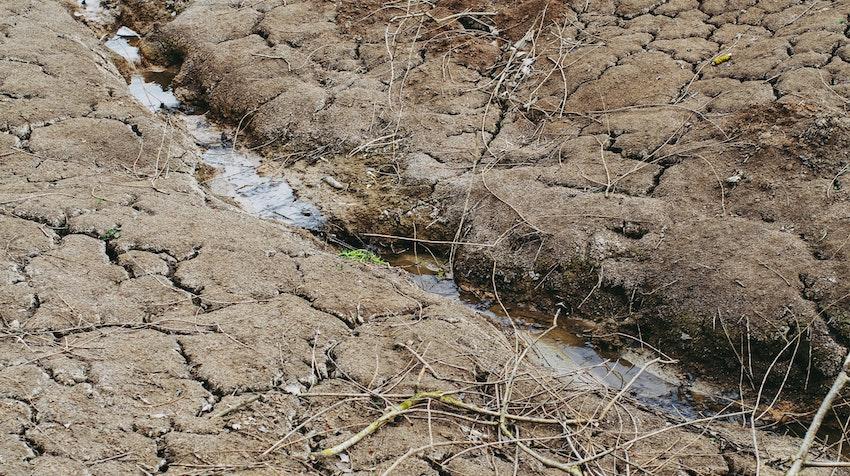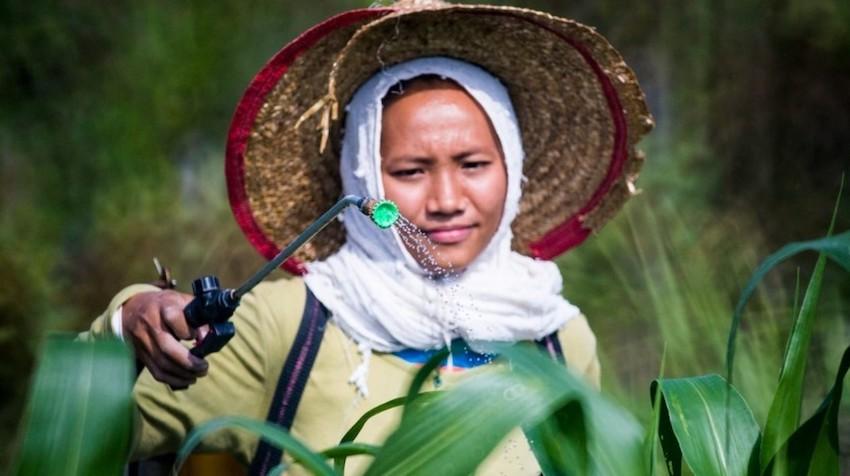2 August 2021 | New York
Excellencies, Distinguished delegates,
Thank you for joining this de-brief.
Last Wednesday in Rome, we wrapped up a highly successful Pre-Summit for the Food Systems Summit that the Secretary-General will convene this September.
As we seek to build on this momentum towards September, I wanted to brief you at the earliest opportunity.
I also want to thank the Italian Government and the Rome-based Agencies for all the support they provided to make this Pre-Summit possible and in this COVID-19 era.
Colleagues,
I arrived in Rome asking what is different about the Food Systems Summit.
Preparations for the summit have unfolded during a pandemic that has stolen lives and livelihoods, reversing progress on the SDGs.
Yet, even as the pandemic has physically pushed us apart, the pre-summit process has brought people together.
The Food Systems Summit will be a summit for everyone, everywhere – a people’s summit, with solutions.
It will include those at the center of our food systems: smallholder farmers, indigenous peoples and especially women and young people.
It also means working with partners in the private sector to ensure that innovations reach the most marginalized, and that all jobs in the food sector offer decent livelihoods to workers and their families.
We must co-create the future of food with our youth leaders, building a vision of a more dynamic food future.
Colleagues,
The outcomes of the Pre-Summit have shown me that we can deliver on the right to food, while securing the future of our planet.
Just as food brings us together as cultures and communities, it can bring us together around solutions.
This Summit process is a reason for hope during this COVID-19 crisis. It is effective multilateralism in action.
It has highlighted that transformative investments in food systems can drive our recovery from the pandemic and get us back on track to the achieve the SDGs by 2030.
The process is reinforcing our understanding that there cannot be separate conversations about food systems, climate, health and nutrition, energy, oceans and biodiversity.
It’s also made clear that governments alone cannot deliver this agenda. Taking ambitious, accelerated action at scale means we must work with all partners.
An emerging mantra in Rome was “there is no going back”. We cannot retreat back to our silos, but must embrace the era of a better recovery from COVID-19.
Colleagues,
Leading into the Pre-Summit, over a thousand Dialogues on food systems have taken place globally, in all regions. 145 countries are leading national dialogues. More are coming on board. Over 50,000 people, from local communities and all constituencies, have been engaged.
These Dialogues are already generating tangible outcomes in the form of national pathways. Today, we already have 13 national pathways and several are imminent. They all build on existing government efforts, while responding to our current realities.
Given the inter-sectoral nature of food systems, dialogues have worked across sectors, ministries, and constituencies. It was encouraging to see several countries represented in the Pre-Summit with more than one Minister and more than one part of their food system.
Dialogues have also clearly shown that solutions and actions must be tailored to local and regional realities.
Through the Action Tracks, Levers of Change, Scientific Group and Constituency Groups, the Summit process has engaged thousands of different actors to get all the best ideas on the table and bring all the pieces together.
But what is clear is there is no one-size fits all solution.
Our diversity is our strength and reflects the complexity of our world.
Colleagues,
In Rome, the Pre-Summit put all the ingredients on the table and created something meaningful and powerful.
Here is what I hope we can expect to focus on as we move forward to the Summit here in New York in September and beyond.
First, the Secretary-General will deliver a Statement of Action that will urge everyone to continue with ambition to 2030 through food systems.
The Summit in New York, during the High-level Week of the General Assembly, will be a moment to hear from as many Heads of State and Government, regional groups and leaders as possible on their commitments to take this agenda forward throughout the decade.
Second, a compendium will document the full diverse inputs received throughout the process. This compendium will serve as a reference point for continued learning, drawing from all the solutions that have been brought together.
Third, the work of the Action Tracks, Levers of change, scientific group will transition to the follow-up and review of the Food Systems Summit at global and country-level.
This will be supported by the Rome-based agencies at global level and Resident coordinators and UN Country-teams at country-level.
Fourth, in organizing the work at global and country-level we are building on outcomes and priorities of the summit process. In Rome the following Coalition themes began to emerge:
- Action for Nutrition and Zero Hunger
- School Meals
- Food Loss and Waste
- Agroecology and Sustainable Livestock and Agriculture Systems
- Aquatic and Blue Foods
- Living incomes and Decent Work
- Resilience
- Means of implementation – finance, innovation and technology, data, governance
These are not conclusive. They will be refined over the next few weeks as we go to the Summit under the direction of the Special Envoy, the Rome-based agencies and the Advisory Committee.
Let me be clear: We don’t need new structures. What we do need is for existing structures to be responsive to the needs and the ambitions that have been laid out by stakeholders around the world.
The Rome-based Agencies, FAO, IFAD, WFP with support of the UN-system, are well placed to build on their leadership and continue to act as champions for this effort.
The Committee on World Food Security, the CFS, remains an essential platform for inclusive international and intergovernmental for all stakeholders to work together to ensure food security and nutrition for all. It will be important to continue to think through how the CFS can grow even more responsive to the needs of everyone.
The success of the process so far has been driven by cross-sectoral and multi-stakeholder collaboration. Maintaining this method of working implies a need to ensure strong system-wide collaboration, especially at country-level.
The Food Systems Summit Advisory Committee will meet next week and prior to the Summit in September, to provide direction and offer feedback on the four areas of deliverables.
We must use the next two months to further define the global and country-level follow-up. This will be worked out by the Special Envoy Agnes Kalibata, together with the Rome-based Agencies and the Food Systems Summit Advisory Committee.
Colleagues,
We only have 9 years left to achieve the SDGs. This means the energy created by the Summit cannot be allowed to dissipate. It must be consolidated and used as fuel for further progress.
After the Summit in September, we will move forward to support implementation at the country level, as we begin to scale up efforts to recover from COVID-19.
Colleagues,
The Pre-Summit has defined the scope of our ambition for the Food Systems Summit this September.
It reflects a renewed and bold focus on delivery of the 2030 Agenda for people, planet and prosperity.
The Pre-Summit demonstrated that a robust, comprehensive response to COVID-19 is possible. Together, we must ensure the recovery itself puts us back on track to achieve the SDGs by 2030.
The Secretary-General is fully committed to the successful outcome of the Food Systems Summit in New York and its follow-up.
Thank you.



